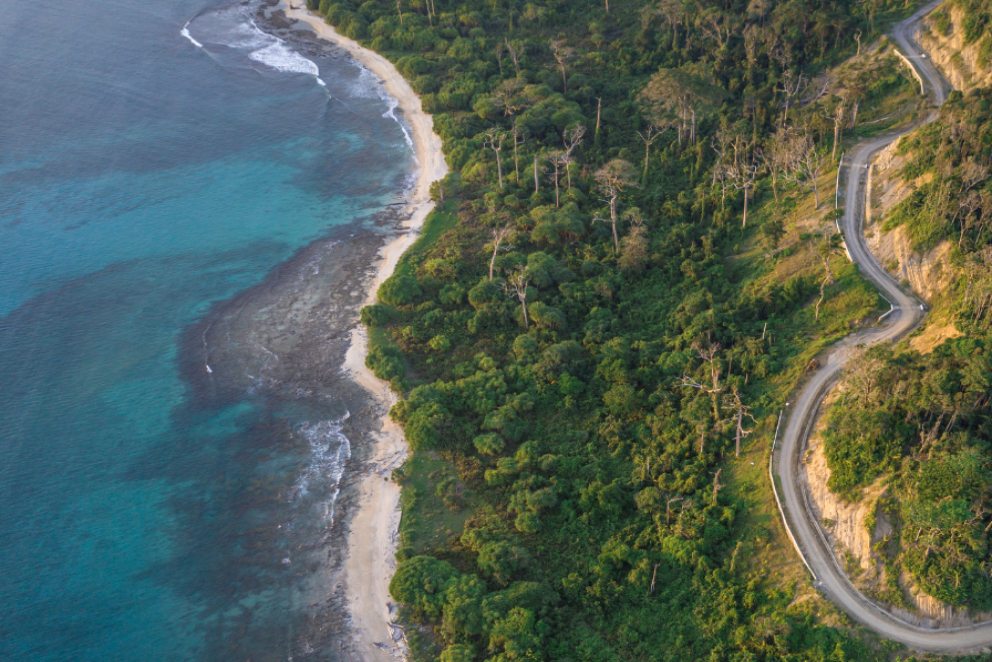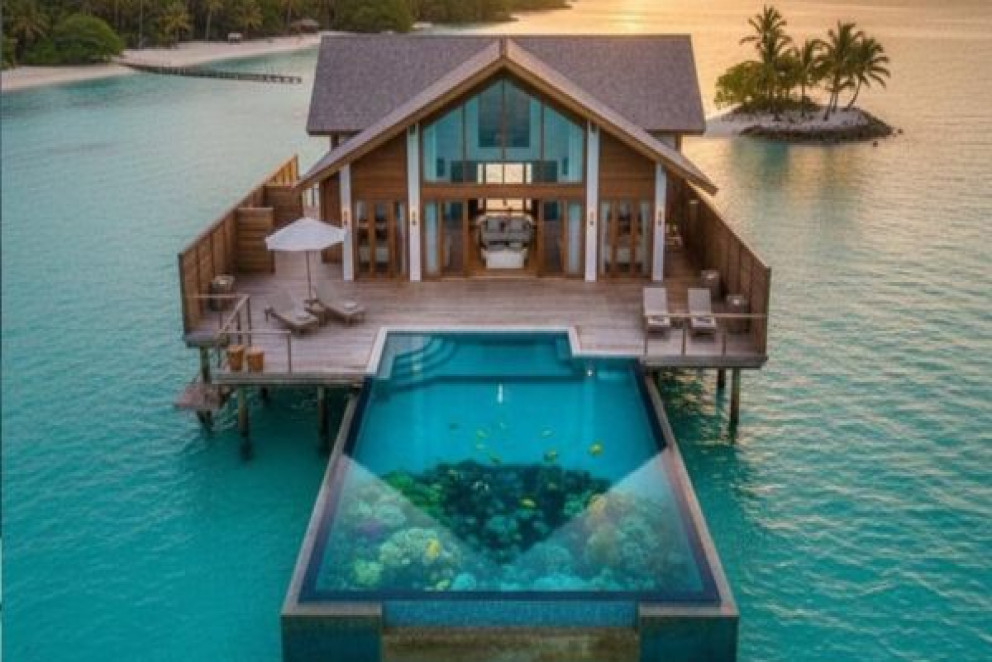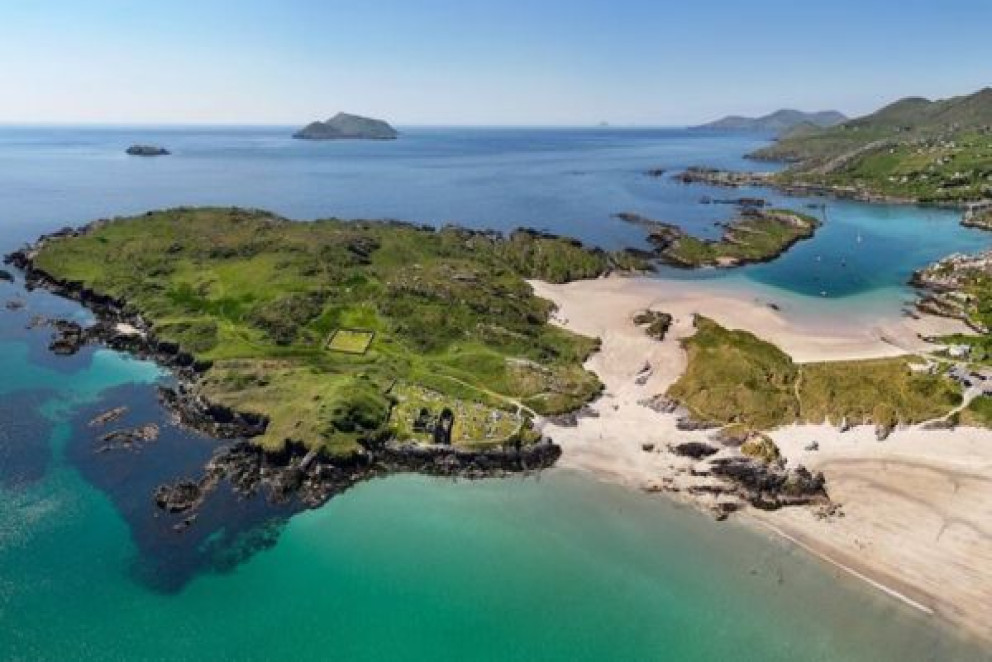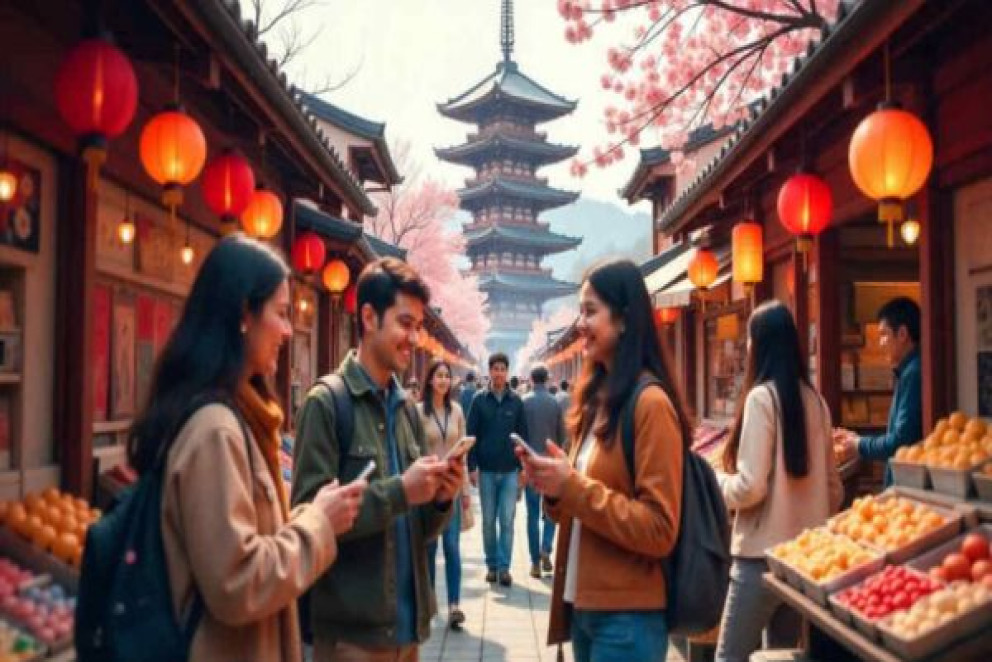Blog Details
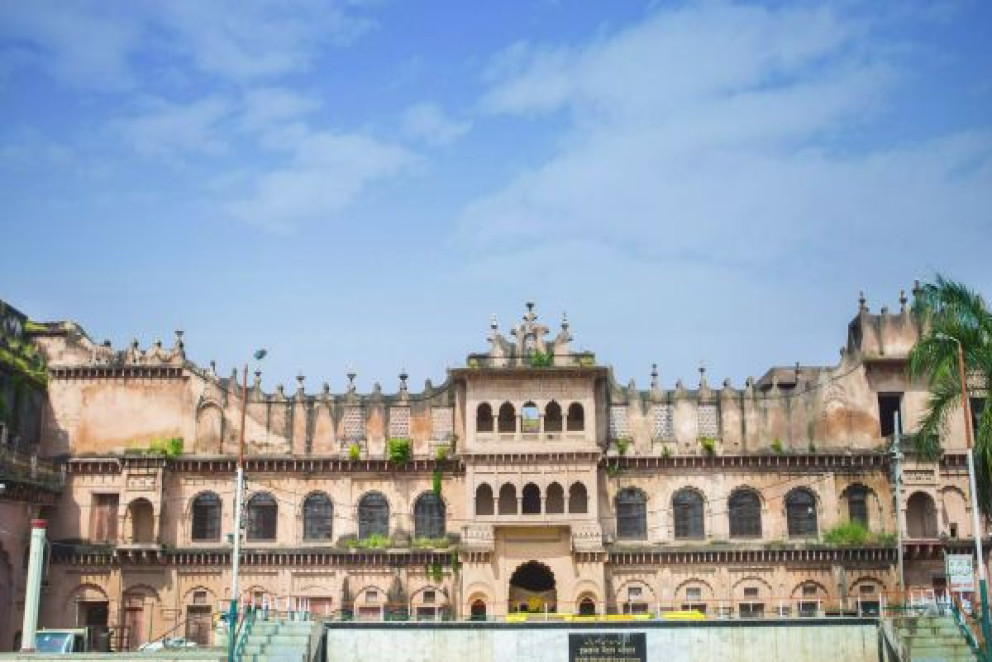
First city museum in Madhya Pradesh to showcase history using modern technology
In a landmark decision, the Indian Government has sanctioned the establishment of Bhopal's inaugural city museum, marking a significant milestone. Spearheaded by the Madhya Pradesh Tourism Board, the Bhopal City Museum will be housed in the left wing of Moti Mahal. This pioneering project aims to serve as both a tourist interpretation centre and a hub for citizen engagement, catering to enthusiasts of heritage and culture.
Referring to this, Sheo Shekhar Shukla, the Principal Secretary of Tourism and Culture and Managing Director of the Tourism Board, added that Moti Mahal's historical importance as a cornerstone of the city. The proposed museum, comprising 11 galleries, will delve into the rich history of Bhopal and Madhya Pradesh, exploring the region's historical and geographical evolution, with a specific focus on Bhopal's formation.
If reports are to go by, anticipation is high for this museum, which promises to unveil the intricate layers of the region's history and culture. Visitors can anticipate an array of exhibits, including prehistoric rock paintings, archaeological discoveries, ancient tools, royal attire from Bhopal and its environs, temple remnants, sculptures, and artwork from the Bhopal Nawab era. Leveraging modern technology, the museum aims to offer an immersive and enlightening experience suitable for all age groups.
In a further endeavour, the Ministry of Culture and Tourism, Government of Madhya Pradesh, intends to establish a dedicated museum honouring the great Parmar King Raja Bhoj, showcasing his life and accomplishments in the right wing of Moti Mahal.
Adding to the cultural landscape, the Tribal Museum in Bhopal will feature seven traditional houses representing the state's major tribes: Gond, Baiga, Bhil, Bharia, Korku, Kol, and Sahariya. Designed to provide insight into tribal life, tribal families from these communities will reportedly stay in these houses for periods ranging from three to six months, offering visitors an authentic glimpse into their lifestyle. This initiative aims to dispel misconceptions and foster understanding about tribal societies.
Shukla highlighted the opportunity for visitors to engage directly with tribal communities within their own constructed dwellings. Featuring walls crafted from mud-plastered bamboo sacks, idols of Bada Dev, storage sheds, traditional milling equipment, beds, daily utensils, and kitchens, these houses will offer a comprehensive immersion into tribal culture. Starting from June 6, 2024, visitors can experience the varied cultural aspects of the tribal communities.
Going forward, Madhya Pradesh plans to establish various theme-based museums at key heritage and cultural sites, further enriching the tourism landscape.
Referring to this, Sheo Shekhar Shukla, the Principal Secretary of Tourism and Culture and Managing Director of the Tourism Board, added that Moti Mahal's historical importance as a cornerstone of the city. The proposed museum, comprising 11 galleries, will delve into the rich history of Bhopal and Madhya Pradesh, exploring the region's historical and geographical evolution, with a specific focus on Bhopal's formation.
If reports are to go by, anticipation is high for this museum, which promises to unveil the intricate layers of the region's history and culture. Visitors can anticipate an array of exhibits, including prehistoric rock paintings, archaeological discoveries, ancient tools, royal attire from Bhopal and its environs, temple remnants, sculptures, and artwork from the Bhopal Nawab era. Leveraging modern technology, the museum aims to offer an immersive and enlightening experience suitable for all age groups.
In a further endeavour, the Ministry of Culture and Tourism, Government of Madhya Pradesh, intends to establish a dedicated museum honouring the great Parmar King Raja Bhoj, showcasing his life and accomplishments in the right wing of Moti Mahal.
Adding to the cultural landscape, the Tribal Museum in Bhopal will feature seven traditional houses representing the state's major tribes: Gond, Baiga, Bhil, Bharia, Korku, Kol, and Sahariya. Designed to provide insight into tribal life, tribal families from these communities will reportedly stay in these houses for periods ranging from three to six months, offering visitors an authentic glimpse into their lifestyle. This initiative aims to dispel misconceptions and foster understanding about tribal societies.
Shukla highlighted the opportunity for visitors to engage directly with tribal communities within their own constructed dwellings. Featuring walls crafted from mud-plastered bamboo sacks, idols of Bada Dev, storage sheds, traditional milling equipment, beds, daily utensils, and kitchens, these houses will offer a comprehensive immersion into tribal culture. Starting from June 6, 2024, visitors can experience the varied cultural aspects of the tribal communities.
Going forward, Madhya Pradesh plans to establish various theme-based museums at key heritage and cultural sites, further enriching the tourism landscape.
Source: Times Of india
